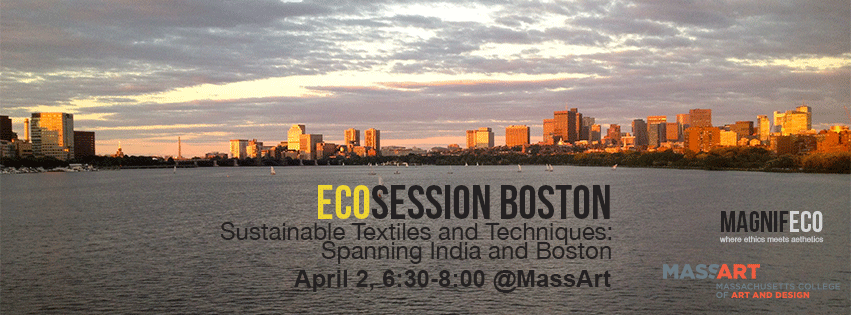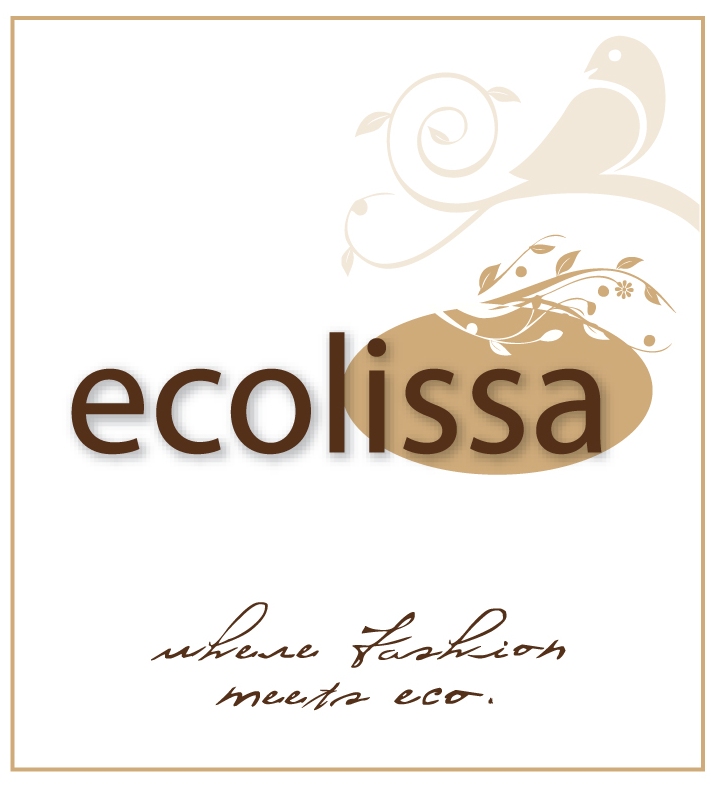On Earth Day,
The Nature Conservancy and
WBUR hosted a discussion panel on what the future of our food system will look like. Attendees gathered at the Artists for Humanity center in South Boston and mingled and grabbed some freebees from sponsors before hitting the appetizer table for an assortment of cheeses.
Eventually we took our seats and our moderator, Sacha Pfieffer of All Things Considered, took the stage. (Which, as NPR fan, was quite exciting!). The panel contained an interesting set of scientists, chefs, and agriculture specialists ready to share their thoughts on the current food system and what will need to change in order for future generations to get proper nourishment after the population reaches 9 Billion in 2050. Then, each panelists shared their thoughts:
-Not only do we need to think about feeding a population of 9 billion people, we need to think about how we will feed them well.
-To do this, we need to learn as a nation to eat less meat - not have meat be “the center of the plate.”
-Local food in certain regions can be extremely expensive which is not sustainable because businesses will have trouble making a profit.
-The best thing you can do as a consumer is to support businesses that are doing the right thing.
-As China and India move into the “middle class” they are going to require more complex diets.
-Many of the environmental issues that negatively affect our food sources are man made.
-To have a healthy agriculture system, we will need to abide by 4 principles:
1) manage soils properly
2) have natural habitats in and around farms
3) manage your imputs properly (water, fertilizers, etc.)
4) we need to build agriculture systems that will be resilient to climate change.
Paul Greenberg, Author,
Four Fish: The Last Wild Food
-What we must do to ensure we have enough food in the future, is mostly a result of what we have already done to damage natural food systems.
-70% of all seafood Americans eat is in restaurants, so we need to learn to ask questions about our food.
-50% of all seafood we eat is farmed.
-Eat local seafood, not too much, mostly bivalves (good news for me, I LOVE oysters!)
Oran Hesterman, Author of Fair Food and Founder of the
Fair Food Network
-Health problems and rampant obesity are caused by a broken food system.
-There are many great initiatives popping up all over the country to address this issue which gives us great hope for the future.
-Individuals and institutions need to make changes.
-The most important thing you can do is put pressure on the government to pass the Farm Bill
After each panelist gave their presentation, the audience was invited to ask questions. The resulting conversation spoke volumes - a majority of the questions were about GMOs. It seems as though the future of food will definitely involve biotechnology! Though the future of food presents some daunting tasks, I left the event that night feeling hopeful and empowered. I look forward to the rest of The Nature Conservancy’s Future of Nature Series.









.JPG)



